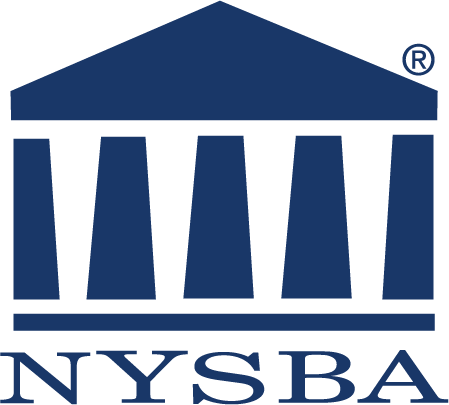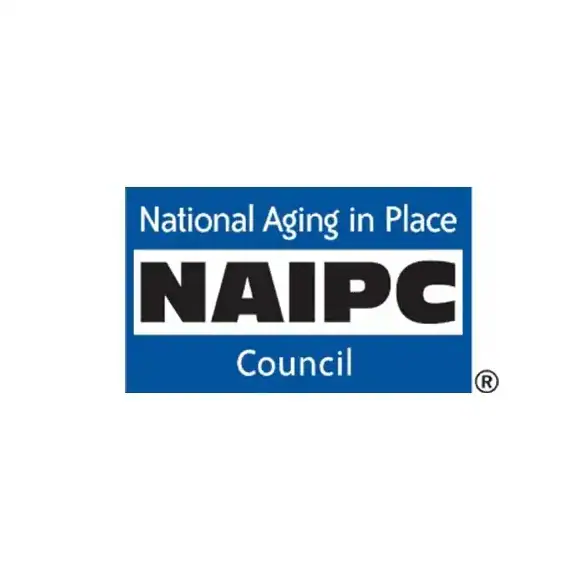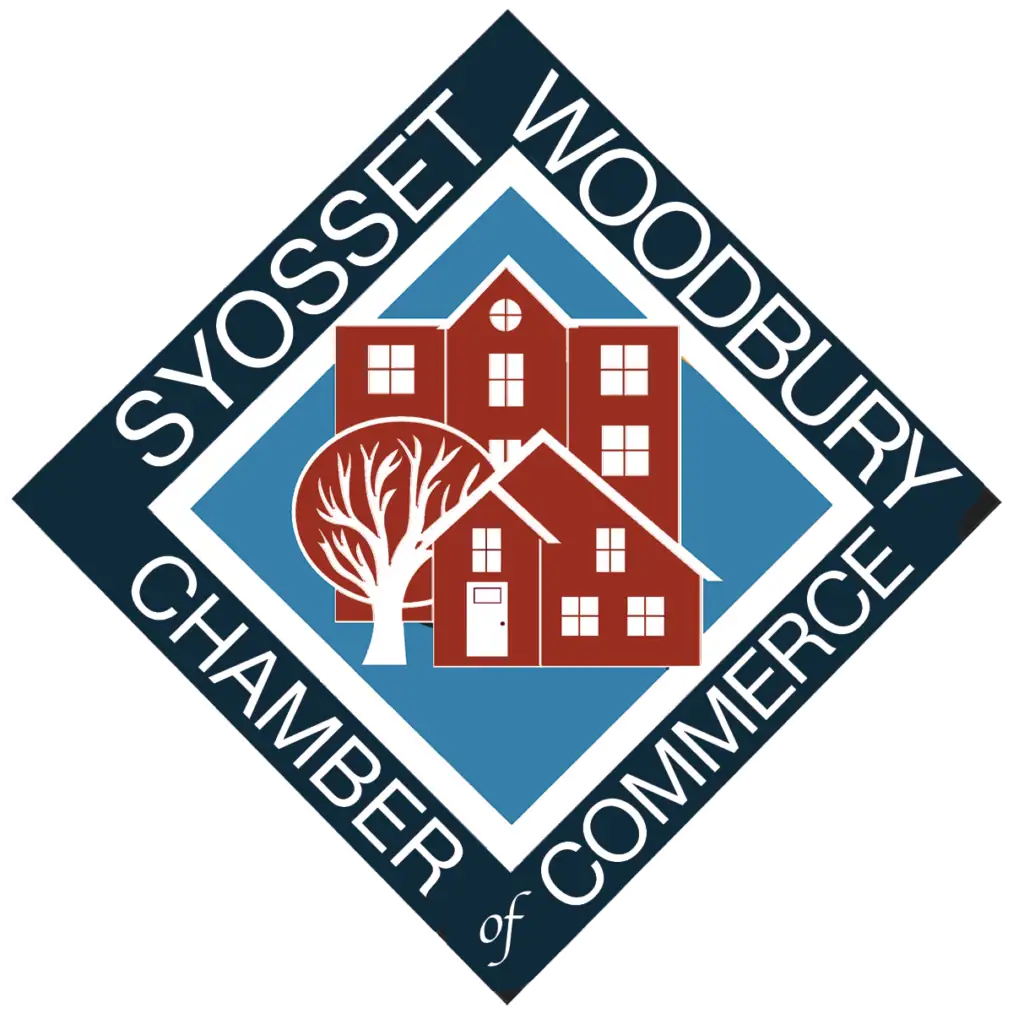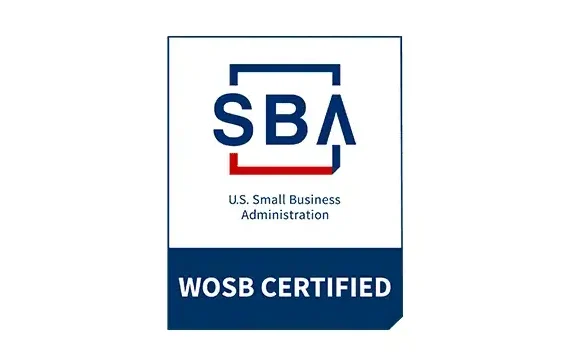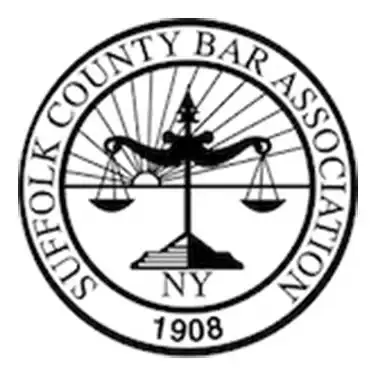Trust Attorney in Deer Park, NY
Protect Your Family's Future with Strategic Trust Planning
Your assets deserve protection that actually works when you need it most. We help Deer Park families create trusts that avoid probate, protect wealth, and secure your legacy with personalized legal guidance.


Living Trust Services Deer Park
When your trust is properly structured, your family skips the probate court entirely. No public records. No lengthy delays. No unnecessary costs eating away at what you’ve worked to build.
Your beneficiaries receive their inheritance quickly and privately. Your personal affairs stay out of the public eye. And you maintain control over exactly how and when your assets get distributed.
With Deer Park’s median home value at $497,900 and household incomes averaging $138,950, the right trust strategy protects your wealth from probate costs, creditors, and long-term care expenses that can reach $600,000 on Long Island.
Deer Park Estate Planning Attorneys
We have been guiding Long Island families through their most important legal decisions with compassionate, personalized service. We understand the unique challenges facing Deer Park residents – from protecting substantial home equity to navigating complex Medicaid planning needs.
Our approach is grounded in clear communication and respect for your family’s circumstances. We offer bilingual services in Spanish and Italian, reflecting our community’s diversity. When you can’t come to us, we’ll meet you at your home, hospital, or nursing facility.
We’re not just familiar with trust law – we know how it applies specifically to Long Island families dealing with multi-generational planning, asset protection, and the realities of local healthcare costs in Suffolk County.

Trust Creation Process Deer Park
First, we sit down and discuss your goals, your family situation, and your concerns about the future. We’ll review your assets, understand your priorities, and determine whether a revocable trust, irrevocable trust, or combination approach makes the most sense for your circumstances.
Next, we draft your trust documents with specific provisions tailored to your needs. This isn’t a one-size-fits-all approach. Your trust reflects your unique situation, family dynamics, and wishes for asset distribution.
Finally, we help you fund the trust properly. This crucial step ensures your trust actually works when you need it to. We’ll guide you through transferring real estate, bank accounts, and investments into the trust, making sure everything is set up correctly to avoid probate and protect your family’s interests.

Ready to get started?
Revocable Irrevocable Trusts Deer Park
We handle both revocable and irrevocable trusts, each serving different purposes in your comprehensive estate plan. Revocable living trusts give you flexibility and control while avoiding probate. Irrevocable trusts provide stronger asset protection and can help with Medicaid planning.
For Deer Park families, this often means addressing the reality that nursing home costs on Long Island can reach $600,000 for a typical three-year stay. Our Medicaid asset protection trusts help protect your home and savings while ensuring you can still qualify for benefits when needed.
We also create special needs trusts for families with disabled members, asset protection trusts for professionals facing liability risks, and charitable trusts for those wanting to support causes they care about while gaining tax benefits. Each trust is carefully crafted to work within your broader wealth management strategy.




